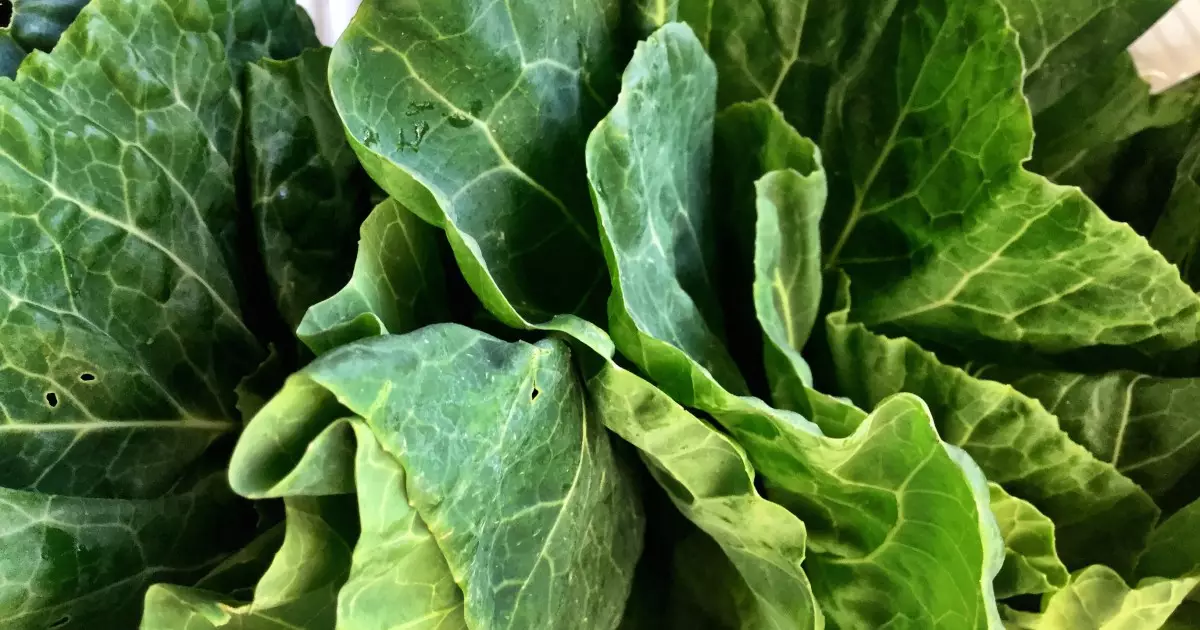When it comes to our beloved pets, ensuring their health and wellbeing is paramount. One question that often arises among dog owners is whether collard greens can be fed to dogs. The answer isn’t a simple yes or no, but rather a nuanced exploration of the potential benefits and risks involved. While collard greens are not categorized as toxic to dogs, they do pose certain risks, especially for pups with pre-existing health issues relating to the bladder or kidneys.
Nutritional Benefits of Collard Greens
Rich in essential vitamins such as A, C, and K, collard greens offer a hefty nutritional profile that can be beneficial for dogs. These leafy greens are also packed with folate and riboflavin—nutrients that support overall health and vitality. Furthermore, the high fiber content in collard greens helps dogs maintain a healthy digestive system, but this benefit hinges on proper preparation.
However, to get the most out of these greens, they must be cooked and served correctly. Instead of raw greens, which can be challenging for dogs to digest, it’s advisable to steam them. This method enhances their digestibility and nutrient absorption. Once steamed, chopping the leaves into manageable pieces and incorporating them into regular dog food can provide a tasty and nutritious boost to their diet.
Potential Risks
As much as collard greens can contribute positively to a dog’s diet, they come with a caveat. One of the primary concerns is their high content of isothiocyanates and calcium oxalate. These compounds can potentially lead to the formation of bladder and kidney stones in susceptible dogs. For this reason, caution is advised before introducing collard greens, particularly for dogs that already suffer from urinary tract or kidney complications.
Another critical consideration is how collard greens are prepared. Dogs love flavors, and the slightest addition of salt, which is safe for humans, can be detrimental to them. Foods that are rich in salt can lead to salt toxicity, which presents a particularly serious risk for active or small-sized breeds. The safest options are fresh or blanched collard greens, seasoned without salt or other additives that might harm your furry friend.
Serving Recommendations
If you decide to give your dog a taste of collard greens, moderation is key. Veterinarians often recommend serving no more than half a cup of collard greens daily, although this amount should be adjusted based on your dog’s size and specific health conditions. It’s always best to consult a veterinarian prior to introducing any new foods into your dog’s diet.
Ultimately, while collard greens can be a nutritious addition to your dog’s meals, the emphasis should always be on safety and proper preparation. Your veterinarian will provide tailored advice, ensuring that your pet’s diet is both balanced and beneficial. Engaging with your vet will not only assist in navigating the complexities of canine nutrition but will also strengthen the bond of care between you and your beloved pet.

